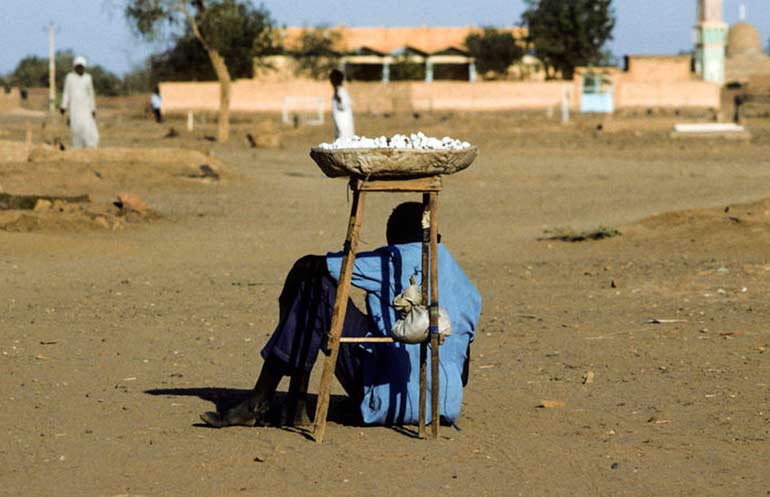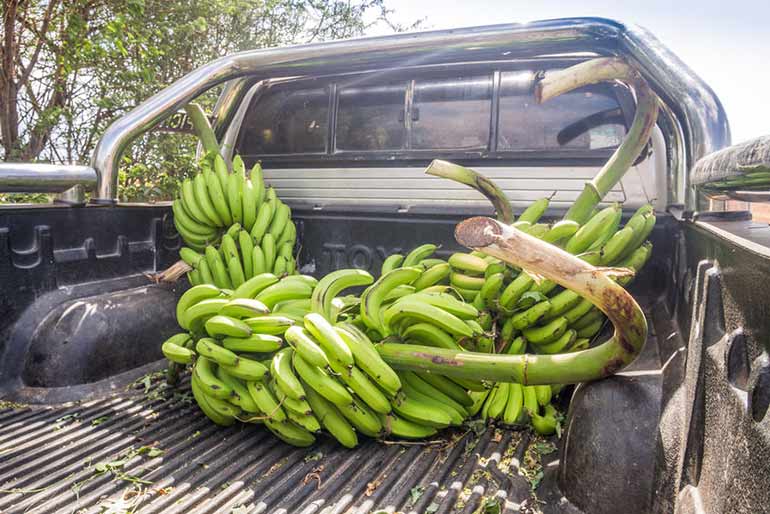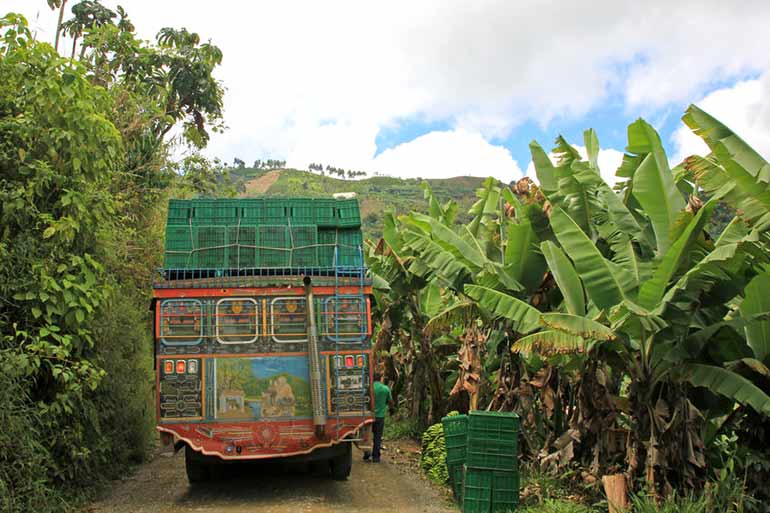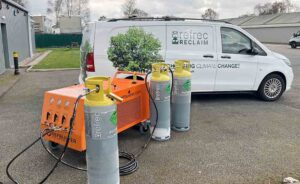Over 1 billion at risk from lack of access to cooling
7th November 2019
ITALY: A new report claims that the public safety, health and food supply for 1.05 billion people in poor areas are now at risk from lack of access to cooling.
Chilling Prospects: Providing Sustainable Cooling for All 2019 shines a light on the growing cooling access challenge to provide adequate refrigeration and air conditioning as the earth’s temperatures rise due to climate change.
The report, the second in the Chilling Prospects series by the UN-backed Sustainable Energy for All (SEforAll) reports a “notable growth” in the numbers of “urban poor” – those living in cities yet often lacking consistent access to electricity – at highest risk from a lack of cooling access.

With temperatures hitting record highs globally, significant populations are said to be at increasing risk from lack of cooling access, threatening a spike in global energy demand and profound climate impacts, the report warns.
As many as 680 million people living in urban slums are said to have little or no cooling to protect them in a heatwave – a rise of 50 million people in the past year – with an additional 365 million people living in poor rural areas also at high risk. A further 2.2 billion in the lower middle class are only able to afford cheaper, less energy efficient air conditioners, potentially causing a spike in global energy demand and profound negative climate impacts.
“As the world rapidly urbanizes and temperatures only grow, we risk a significant increase in the number of people without access to sustainable cooling”, said António Mexia, chairman of the SEforALL administrative board and CEO of Energias de Portugal (EDP). “Developing economies are now at threat of suffering from a ‘productivity penalty’ as they deal with record temperatures and lack of cooling, stunting economic growth and further exacerbating global cooling injustice.”
Brian Dean, head of cooling and energy efficiency at Sustainable Energy for All, highlighted the need to see cooling access as a right: “In a warming world facing ongoing deadly impacts from climate change, we can no longer see cooling as a luxury. In a heatwave, it can be a matter of life or death for children and older people, as well as allow people to be productive at work, store food securely, or receive safe medicine in a hospital. Delivering sustainable cooling is an issue of equity that will enable millions to escape poverty and help to realise the sustainable development goals.”
Launched during the Meeting of the Parties to the Montreal Protocol (MOP 31) in Rome, this year’s report takes stock of progress made over the past year, highlighting new solutions to sustainable access to cooling and calling on governments, industry, and development finance to urgently work together to reduce the number of people at risk from lack of access to cooling. It also provides a new tool for governments, NGOs and development institutions to accurately size the market for cooling demands based on comfort, safety, nutrition and health needs.

Like this week’s EPE report, the SEforAll document also links a need for access to cooling to be linked to increased efficiency of the technology. Talks with Montreal Protocol compliance officers in 150 countries revealed a desire to make energy efficiency a strong component of future HFC phase down projects. Similarly, the International Energy Agency has begun integrating cooling considerations, including access to cooling issues, into the energy efficiency training weeks offered to professionals in the governments of developing countries. Many officials participating in training workshops are said to have requested guidance on setting MEPS and labels for air conditioners and refrigerators in a manner that addresses both energy efficiency and refrigerant transition.
The report can be viewed and downloaded here.







